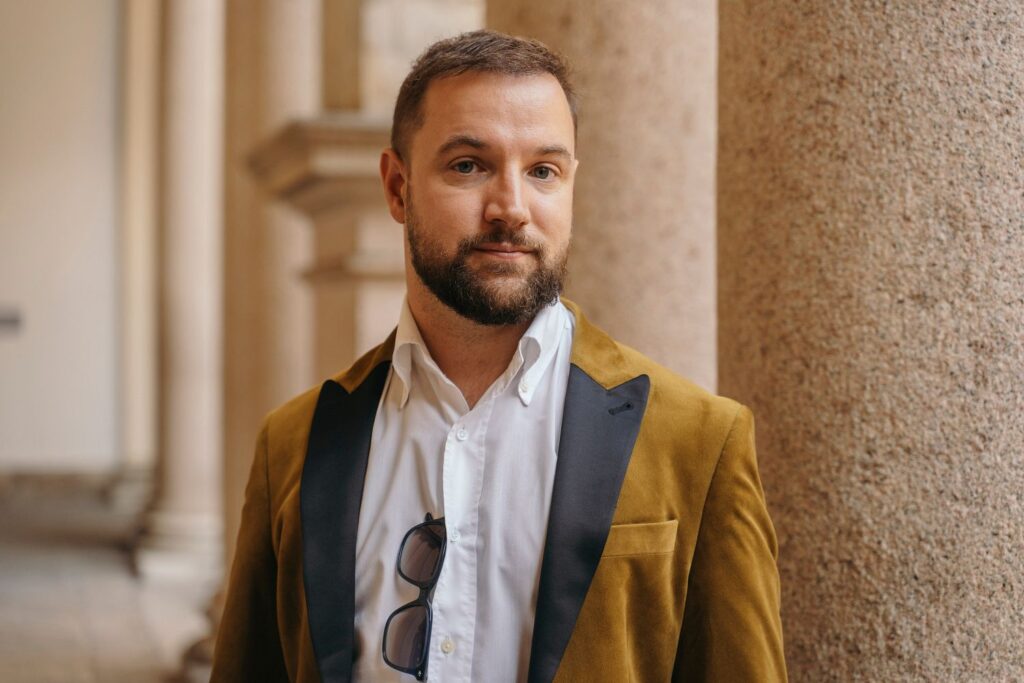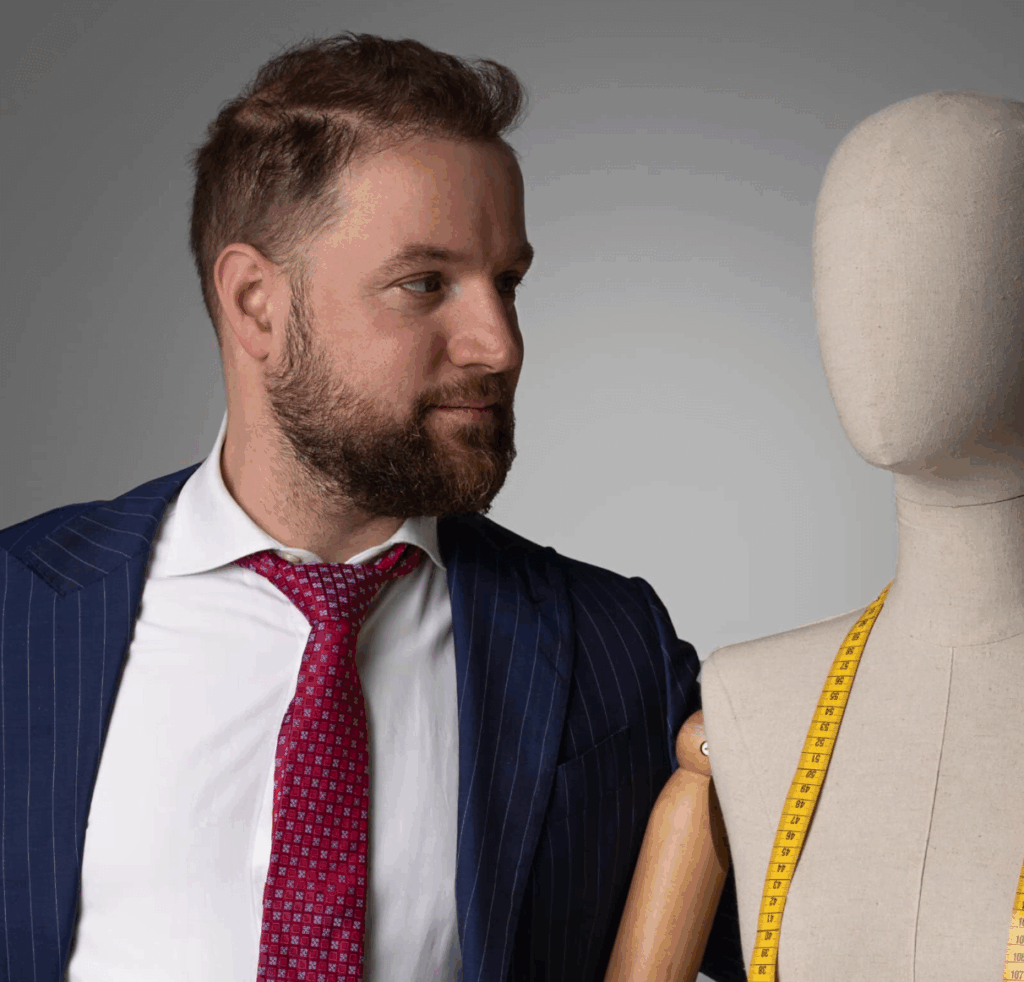Over 60 percent of luxury shoppers say they connect brand authenticity to a company’s heritage, highlighting the powerful link between legacy and trust. In the world of high-end goods, trust decides which brands rise above fleeting trends. With rising consumer demands for transparency, ethical sourcing, and meaningful storytelling, luxury brands must earn confidence on every level. Discover how trust becomes far more than a buzzword—it is the silent force behind loyalty, influence, and enduring brand value.
Key Takeaways
| Trust Dynamics | Key Insights |
|---|---|
| Complex Relationship | Brand trust in luxury is a nuanced ecosystem beyond transactions, involving deep psychological connections with consumers. |
| Strategic Authenticity | Emerging brands must emphasize transparent supply chains, ethical sourcing, and compelling brand narratives to build credibility. |
| Dimensions of Trust | Key trust dimensions include institutional, social, authenticity, experiential, sustainability, and psychological, each influencing consumer loyalty. |
| Risk Management | Effective luxury branding requires vigilant risk management to prevent damage to brand perception from missteps or generic communication. |
Table of Contents
- Brand Trust
- Understanding Trust Dynamics
- Core Trust Dimensions
- Emotional Storytelling
- Brand Trust and Technological Innovation
- Trust Fragility
Brand trust in luxury markets represents far more than a simple transaction. It’s a complex psychological contract between a brand and its discerning consumers, rooted in perception, heritage, and authentic storytelling.
According to the Deloitte report on luxury brand credibility, over 60% of luxury consumers directly associate brand authenticity with a company’s heritage. This means emerging luxury brands must strategically build credibility through:
- Transparent supply chain processes
- Clear ethical sourcing commitments
- Authentic brand narrative
- Consistent quality representation

The academic research from the institutional trust framework reveals that trust formation in luxury markets operates on two critical dimensions: institutional trust and social trust. Institutional trust emerges through demonstrable elements like:
- Exceptional craftsmanship
- Proven historical lineage
- Verifiable production standards
- Rigorous quality control mechanisms
Social trust, conversely, develops through reputation, peer validation, and the brand’s perceived social standing. Luxury consumers don’t just buy products – they invest in narratives, experiences, and symbolic representations of status and sophistication. Trust becomes the invisible currency that transforms a transaction into a meaningful relationship between brand and consumer.
Understanding these nuanced trust dynamics allows luxury brands to create profound connections that transcend mere commercial interactions, positioning themselves as trusted partners in their customers’ lifestyle journeys.
In the sophisticated world of high-end sectors, brand trust isn’t monolithic but a nuanced ecosystem of interconnected trust dimensions. Understanding these variations is crucial for luxury brands seeking to establish meaningful connections with discerning consumers.
According to research from The Consultancy Group, luxury brands build trust through multifaceted engagement strategies. These trust dimensions include:
Here’s a summary of the core trust dimensions in luxury branding:
| Trust Dimension | Key Strategies | Consumer Value |
|---|---|---|
| Institutional Trust | Craftsmanship Heritage Quality Control |
Product reliability Confidence |
| Social Trust | Peer validation Reputation Status |
Community belonging Status |
| Authenticity Trust | Brand story Ethical sourcing Heritage |
Brand credibility Transparency |
| Experiential Trust | Personalized service Omnichannel experience |
Memorable engagement Loyalty |
| Sustainability Trust | Responsible sourcing Transparency |
Ethical assurance Trust |
| Psychological Trust | Emotional storytelling Identity alignment |
Deeper connection Meaning |
- Experiential Trust
- Immersive retail environments
- Personalized customer interactions
- Consistent omnichannel experiences
- High-touch service models
- Authenticity Trust
- Clear brand heritage narratives
- Transparent sourcing practices
- Founder-generated storytelling
- Genuine brand purpose communication
The brand credibility research highlights that craftsmanship trust emerges through uncompromising quality and exclusive offerings. This manifests in:
- Limited edition product releases
- Bespoke service capabilities
- Meticulous production standards
- Artisan-level manufacturing techniques
Modern luxury consumers demand more than superficial promises. They seek sustainability trust – brands demonstrating genuine commitment to ethical practices, environmental responsibility, and social consciousness. This trust is built through transparent reporting, verifiable credentials, and consistent actions that align with stated values.
In the sophisticated realm of luxury markets, psychological trust transcends traditional transactional boundaries. Trust is an intricate emotional landscape where rational decision-making intersects with deeply personal narratives and perceived value.
Research from Vogue Business reveals that modern consumers prioritize core psychological factors beyond mere product aesthetics. These critical drivers include:
- Emotional Resonance
- Long-term value perception
- Authentic storytelling
- Personal integrity alignment
- Quality as an emotional experience
The academic study from electronic word-of-mouth research demonstrates that trust operates through sophisticated psychological mechanisms. Specifically, consumers build brand confidence through:
- Perceived Product Quality
- Emotional Response Triggers
- Risk Reduction Strategies
- Social Validation Networks
Emotional storytelling emerges as a powerful psychological driver. Luxury brands that craft narratives connecting personal identity, heritage, and individual aspirations create deeper trust bonds. These stories transform products from mere objects into symbolic representations of personal values and lifestyle choices.
Ultimately, psychological trust in luxury is about creating an ecosystem where rational evaluation meets emotional connection. Brands that understand this delicate balance can transform transient consumer interactions into enduring, meaningful relationships.
Brand trust in luxury markets requires a sophisticated, multifaceted approach that goes beyond traditional marketing strategies. Modern consumers demand authenticity, transparency, and genuine commitment from the brands they choose to support.
According to Luxury Activist research, cutting-edge trust-building strategies now involve innovative technological and experiential approaches:
- Immersive Technologies
- AR/VR emotional engagement experiences
- Personalized AI-driven interactions
- Interactive digital storytelling platforms
- Seamless omnichannel experiences
Research from Ricky Spears’ brand trust analysis highlights critical transparency mechanisms:
- Radical Supply Chain Transparency
- Blockchain-verified Product Provenance
- Robust Data Privacy Protocols
- Authentic Social Responsibility Initiatives
- Two-Way Customer Communication Channels
Ethical technology deployment represents another crucial trust-building strategy. This involves using advanced technologies not just for marketing, but for creating meaningful, values-aligned interactions that respect customer intelligence and individual autonomy.
Ultimately, enduring brand trust emerges when luxury brands demonstrate consistent integrity across every touchpoint – transforming transactional relationships into genuine, long-term partnerships built on mutual respect and shared values.
In the high-stakes world of luxury branding, trust fragility is a critical consideration. One misstep can unravel years of carefully cultivated brand perception, making risk management an essential strategic imperative.
Research from Law Crust Business reveals that for emerging luxury brands, the most significant credibility challenges include:
- Authenticity Deficit
- Lack of demonstrable heritage
- Insufficient brand storytelling
- Absence of clear foundational purpose
- Perceived generic positioning
The Talent Resources PR strategy analysis highlights critical communication risks that can rapidly erode brand trust:
- Delayed Response Mechanisms
- Tone-Deaf Messaging
- Overexposure Strategies
- Generic Communication Approaches
- Inconsistent Brand Narratives
The Abundance Paradox presents a nuanced challenge where brands risk diluting their perceived exclusivity through excessive market exposure. Luxury consumers demand a delicate balance between accessibility and mystique – a tightrope walk between visibility and maintaining an aura of rare sophistication.
Effective risk mitigation demands hyper-vigilant brand management, where every communication, interaction, and touchpoint is meticulously crafted to reinforce trust, maintain authenticity, and preserve the brand’s carefully constructed emotional and symbolic value proposition.
Ready to Turn Brand Trust Insights Into Real Luxury Market Growth?
If you recognize how fragile trust and authentic brand narratives decide the winners in luxury, Corrado Manenti can help you put these strategies into practice. Your high-end brand cannot afford to gamble on guesswork. As the article showed, brand trust in luxury depends on deep psychological understanding, meticulous storytelling, and consistent delivery across every channel. Pain points such as missing heritage, lack of consistent messaging, or diluted exclusivity can undermine your entire market positioning. Discover how Marketing Mode solutions are custom-built to address exactly these challenges and reinforce trust with every customer touchpoint.

Let Corrado Manenti’s unique blend of psychology-driven marketing, fashion and luxury expertise, and continuous innovation become your edge where trust is everything. Visit Corrado Manenti’s website now and see how you can start building brand trust that lasts. If you want to dive even deeper into elevating your brand presence, explore our Personal Branding strategies tailored for the luxury sector. Take action today to forge stronger connections and protect your brand’s legacy in the luxury market.
Frequently Asked Questions
What is brand trust in luxury markets?
Brand trust in luxury markets refers to the complex psychological relationship between a luxury brand and its consumers, rooted in perceptions of authenticity, heritage, and storytelling. It signifies a deeper connection than mere transactions, emphasizing relationships built on credibility and shared values.
How can luxury brands build trust with consumers?
Luxury brands can build trust by focusing on strategies such as transparent supply chains, ethical sourcing, authentic storytelling, and consistent quality representation. These dimensions enhance both institutional and social trust.
What are the key dimensions of trust in luxury branding?
The key dimensions of trust in luxury branding include institutional trust, social trust, authenticity trust, experiential trust, sustainability trust, and psychological trust. Each dimension plays a vital role in developing a deeper connection with consumers.

Why is psychological trust important for luxury brands?
Psychological trust is important for luxury brands because it goes beyond rational evaluations. It involves emotional storytelling and personal identity alignment, allowing brands to create meaningful relationships with consumers that resonate on a deeper level.



